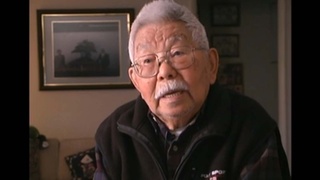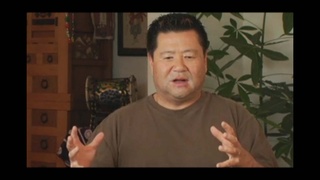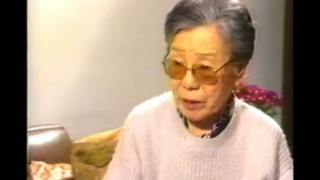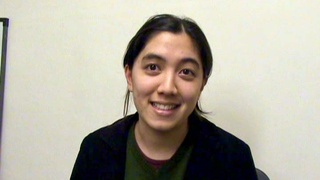Interviews
The reason he came to the United States (Japanese)
(Japanese) I was looking to go overseas, like America or some place. One day, I read in the newspaper that Sukeroku daiko performed in Brazil and set up a branch in America afterwards. That news got me all excited. I thought, “Hey, there might be a chance to play taiko in America.“ At that time, there was a song Under the Blue California Sky that swept the country. I thought, “Boy, how cool is that to play the Japanese taiko under that California sky.“ So I came over here in 1973 and stayed ever since.
Date: April 1, 2005
Location: California, US
Interviewer: Ann Kaneko
Contributed by: Watase Media Arts Center, Japanese American National Museum.
Explore More Videos

History of her family's immigration (Spanish)
(b. 1969) Former president of Centro Nikkei Argentino.

Moving to and living in Japan
Japanese American Creative designer living in Japan

The reason to stay in Japan after his third year
Japanese American Creative designer living in Japan


Growing up with some Japanese families (Spanish)
(b. 1950) Nisei Chilean, Businessman

The various realities of Nikkei in Latin America (Spanish)
(b. 1950) Nisei Chilean, Businessman

Avoiding the Japanese military
(1914-2004) Nisei Bonsai master in the United States

Starting Japanese American taiko their own way
(b. 1949) Musician and arts educator and adminstrator.

Japanese American taiko is not Japanese taiko
(b. 1949) Musician and arts educator and adminstrator.


Parents didn't accept me playing taiko in the beginning
(b. 1949) Musician and arts educator and adminstrator.

Performing the koto and taiko drum together, in Japan
(b. 1949) Musician and arts educator and adminstrator.

Taiko considered "Jazz" in the Philippines
(b. 1949) Musician and arts educator and adminstrator.

Reasons for immigrating to Brazil (Japanese)
Issei, Pioneer of women's education in Brazil

